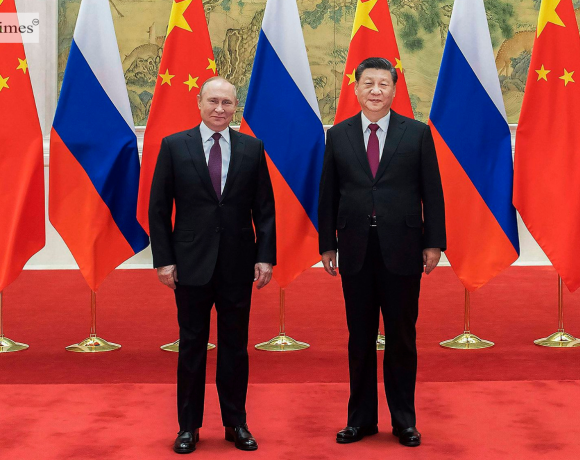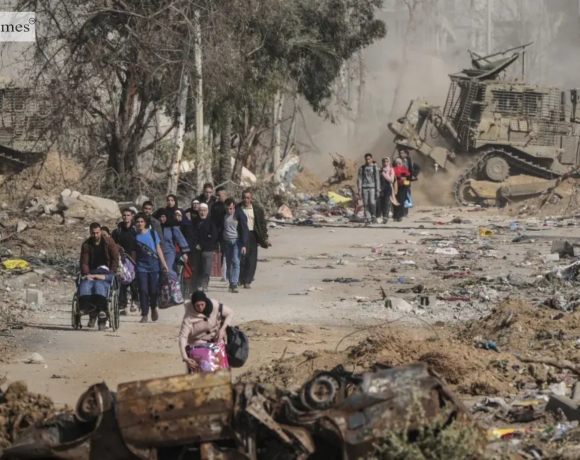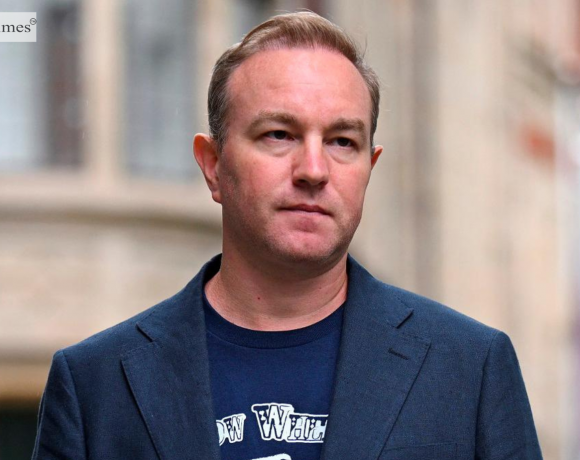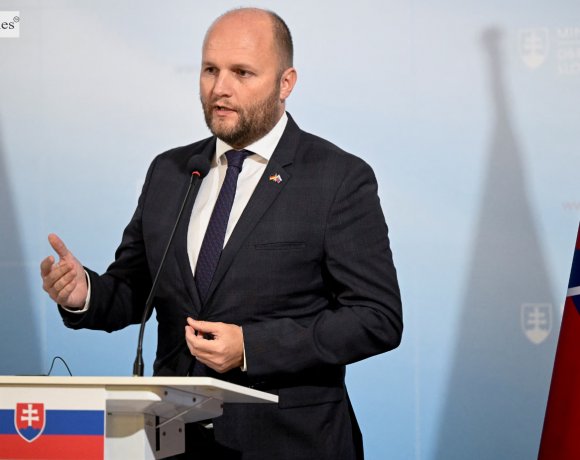
The 2025 edition of Teen Glam World concluded in a dazzling ceremony on July 17th at the Gokulam Park Convention Centre, Kochi, with Aradhana Thomas from Australia earning the title of Teen Glam World Oceania. The international pageant, known for celebrating youth, culture, and talent, was meticulously organized by Pegasus Global Pvt Ltd, under the leadership of its founder and visionary, Dr Ajit Ravi. The event brought together contestants from across continents, vying for recognition on one of the world’s most inclusive and culturally rich platforms.
A distinguished panel of judges evaluated the participants, including Dr G D Singh (Founder & Managing Director, Unified Brainz Group Holdings Inc.), Debasmita (Pageant Winner & Model), Marcia Leonar Brito Machado Marques (Model & Mentor), Dr Fong Toh Jeng (CEO & Founder, UR Klinik), and TangLe Hsu (Mrs Glam World Asia 2024). Their expertise ensured that the winners truly embodied the spirit of the pageant. Preethi Parakkat of Parakkat Jewels added a touch of elegance by designing the signature gold crown for the victors.
The crowning of Aradhana Thomas was conducted by Deepthi Vijayakumar, Managing Director of Aiswaria OOH Media, marking a proud moment for both Australia and the Oceania region. The subtitle winners, chosen by a panel of eminent personalities, showcased the event’s commitment to recognizing diverse talents and qualities. Teen Glam World 2025 stood out not just as a competition but as a vibrant celebration of youthful dreams, multicultural exchange, and global empowerment.
Pic Courtesy: pegasus photography/ images are subject to copyright














